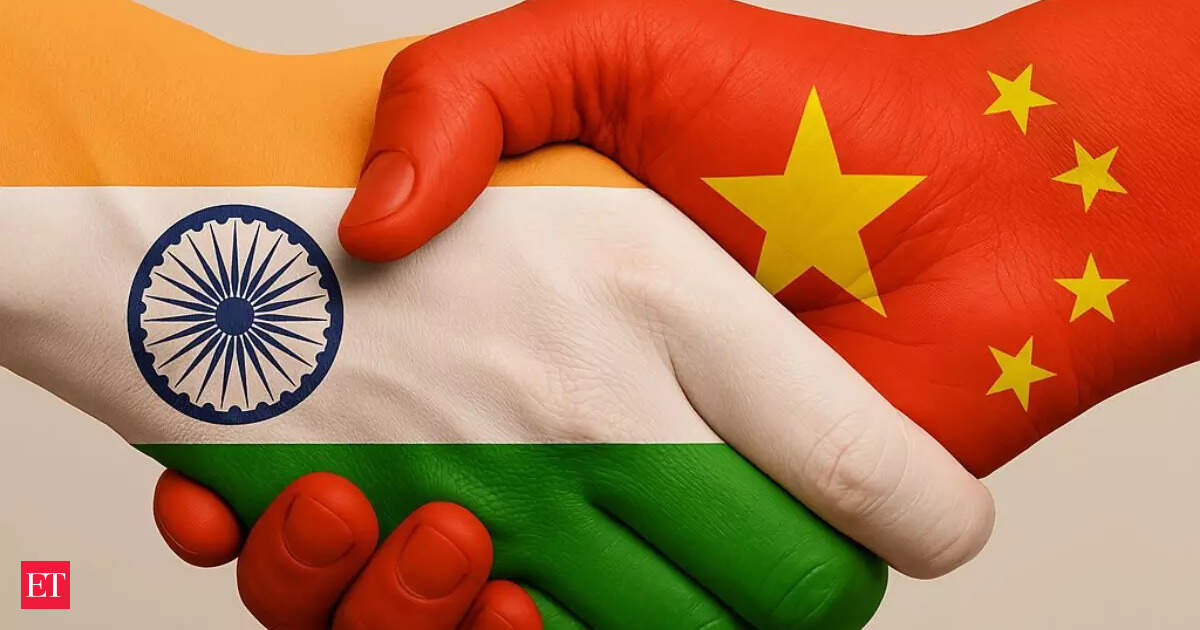Consultations between representatives of the two countries are likely to take place later this month, around the time of Prime Minister Narendra Modi’s visit for the Shanghai Cooperation Organisation (SCO) summit, scheduled to be held in Tianjin from August 31 to September 1, the people said. “The top three items on the agenda for discussion are rare earth magnets, fertilisers and pharmaceuticals,” a senior official told ET.
While outreach has begun, supplies of rare earth magnets and all fertilisers are yet to resume from China.
India mandates government approval for investment by countries that have a border with it, a measure specifically aimed at its northern neighbour. That’s against the backdrop of an escalation in tensions over the past five years, including border skirmishes and China’s support for Pakistan.
China announced export controls on medium and heavy rare earth-related items on April 4, with a view to “safeguarding national security” in response to US President Donald Trump’s tariffs, citing end-use norms. Possible talks with Beijing assume significance in light of the 50% tariff that Trump has imposed on Indian exports.

The US has deferred tariffs on China by 90 days. Rare earth magnets are essential for a wide range of products, but especially for electric vehicles. While China has resumed shipments of rare earth magnets to companies in the US, Europe and Southeast Asia, export licences are yet to be issued to vendors supplying to India. “Individual clearances for importing these items have not come so far,” said one of the persons. “Negotiations will now start between the two countries for a trade package.” Beijing had also halted shipments of urea and some other fertilisers to India in the last three months. It has begun the process of easing restrictions on supplies of just urea to the country. “Tenders for import of urea from China have been floated,” said a top executive of a fertiliser company. This indicates China is agreeable to sending some amount of the fertiliser to India.
State trading enterprises, which import urea from China on behalf of the Indian government, have started floating tenders for the import of a limited quantity of the crop nutrient. While there is no talk about specialty fertilisers, discussions are likely going ahead, people aware of developments said.
China had also stopped shipments of specialty fertilisers such as calcium nitrate and mono ammonium phosphate. India imports about 80% of these chemicals from China.
A global supplier of agricultural inputs, Beijing has, however, been exporting them to other countries.
LOOKING AHEAD
Meanwhile, both India and China are concerned about the looming trade imbalance in pharmaceuticals.
Trump’s proposed tariff on finished drugs — 250% over the next one and a half years — stands to disrupt the industry in both countries.
The commerce ministry has called for a meeting ahead of the SCO summit with top representatives from the pharmaceutical industry to discuss, among other issues, ways to collaborate and strengthen ties with China as part of broader cooperation.
Industry watchers told ET the contours of the discussions have not been disclosed yet, but these may include mitigation plans against the backdrop of US tariffs.
“While pharmaceutical exports from India have been thus far exempt from the 50% US tariffs, future risks cannot be ruled out,” an industry expert told ET.
